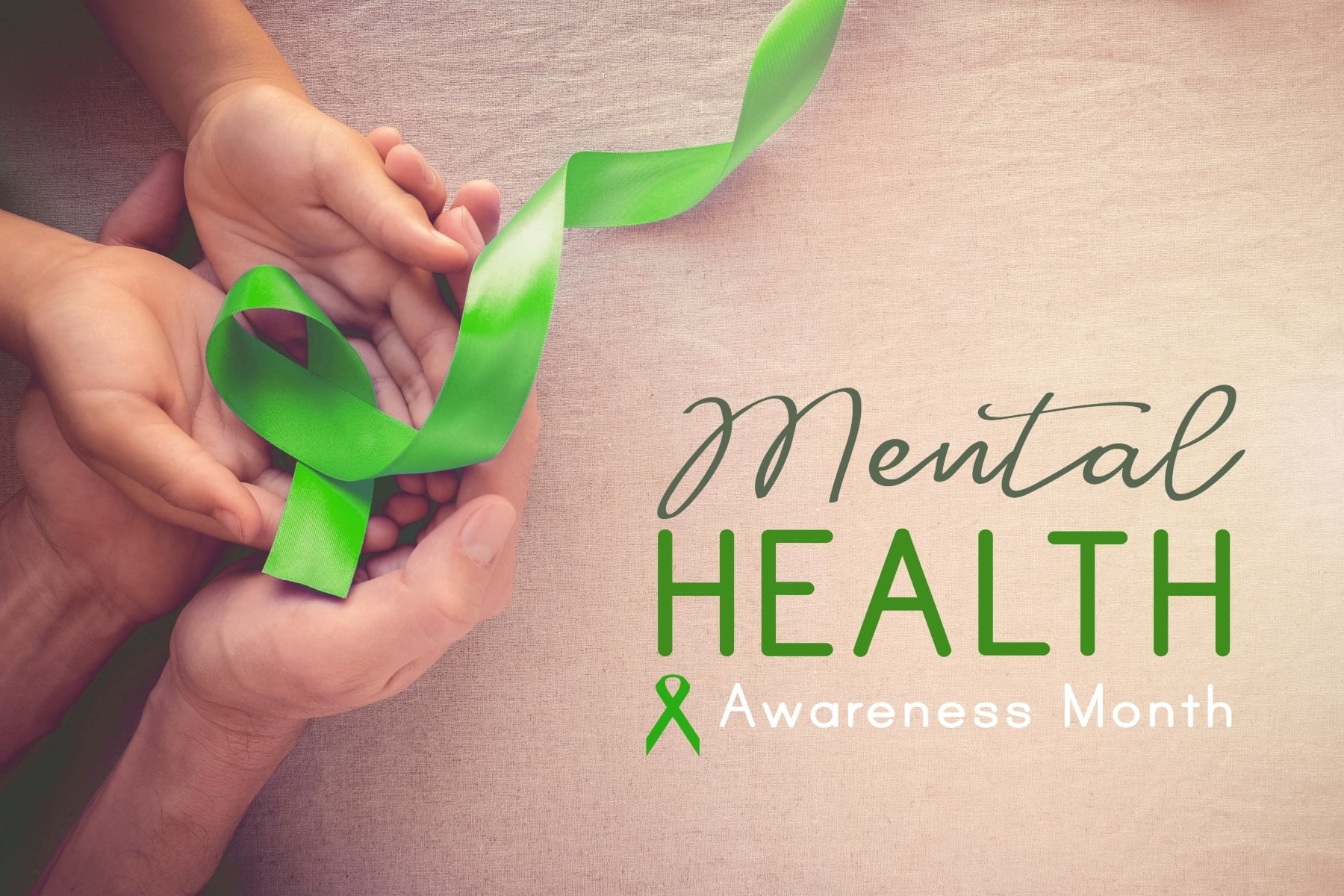Youth and Mental Health: Strategies for Enhancing Awareness and Support

Introduction
In today’s rapidly evolving world, the mental health of young people has become a critical concern. Adolescents face a unique set of challenges that can impact their mental well-being, from academic pressures to social media influences. Enhancing mental health awareness among youth is essential for providing the support they need and ensuring a healthier future generation. This article delves into strategies for improving mental health awareness, exploring both systemic and community-based approaches to support the mental well-being of young individuals.
The Importance of Mental Health Awareness
Before delving into strategies, it’s crucial to understand why mental health awareness is paramount. Adolescents are particularly vulnerable to mental health issues such as anxiety, depression, and stress due to hormonal changes, social pressures, and developmental transitions. Mental health awareness helps in:
Early Identification and Intervention
Recognizing the signs of mental health issues early can lead to timely intervention, reducing the severity of conditions and improving outcomes.
Reducing Stigma
Awareness campaigns can challenge misconceptions and stigmas surrounding mental health, encouraging open conversations and reducing the fear of seeking help.
Promoting Healthy Coping Strategies
Educating youth about healthy ways to manage stress and emotions can foster resilience and overall well-being.
Educational Initiatives
Schools play a pivotal role in shaping young minds and can be instrumental in promoting mental health awareness. Effective educational strategies include:
Incorporating Mental Health Education
Integrate mental health topics into school curricula to educate students about common mental health issues, coping mechanisms, and where to seek help.
Training Educators and Staff
Provide training for teachers and school staff to recognize signs of mental health struggles and offer appropriate support or referrals.
Creating Safe Spaces
Develop safe and inclusive environments where students feel comfortable discussing mental health issues without fear of judgment.
Digital Tools for Mental Health Awareness
In an increasingly digital world, technology can be harnessed to spread mental health awareness and support.
Mental Health Apps
Encourage the use of apps designed for mental health, offering tools for stress management, mood tracking, and access to professional resources.
Online Resources and Helplines
Promote online platforms that provide information, support, and counseling services for young people in need.
Social media campaigns
utilize social media to run awareness campaigns, share educational content, and create supportive communities.
Building Support Systems Beyond Schools

Communities play a crucial role in supporting youth mental health. Strategies for community engagement include:
Youth mentorship programs
Establish programs that pair young people with mentors who can provide guidance, support, and a listening ear.
Parent and caregiver education
Offer workshops and resources for parents and caregivers to help them understand and support their children’s mental health needs.
Local Mental Health Initiatives
Partner with local organizations to promote mental health events, support groups, and counseling services.
Driving Systemic Change for Better Support
Advocacy and policy changes are essential for creating a supportive environment for youth mental health. Key areas include:
Advocating for Mental Health Policies
Support policies that ensure mental health services are accessible and affordable for young people.
Funding and Resources
Advocate for increased funding for mental health programs and research, ensuring that resources are available to address youth mental health needs.
Legislative Support
Push for legislation that mandates mental health education in schools and supports mental health services for students.
Evaluating the Impact of Mental Health Awareness Initiatives
To ensure the effectiveness of mental health awareness strategies, it’s important to:
Track Progress
Monitor the outcomes of mental health programs and initiatives to assess their impact on youth well-being.
Gather Feedback
Collect feedback from students, parents, and educators to continuously improve mental health awareness efforts.
Adjust Strategies
Use evaluation data to refine and enhance strategies, ensuring they meet the evolving needs of young people.
The Power of Sharing Experiences
Personal stories can be a powerful tool in enhancing mental health awareness. Encouraging young people to share their experiences can:
Normalize Conversations
Create a culture where discussing mental health is seen as normal and supportive rather than stigmatized.
Inspire Others
Offer hope and encouragement to those struggling by highlighting successful coping strategies and recovery stories.
Conclusion
Enhancing mental health awareness among youth is a multifaceted effort that requires collaboration across various sectors, including education, technology, community, and policy. By implementing effective strategies and fostering a supportive environment, we can help young people navigate their mental health challenges and lead healthier, more fulfilling lives. It is through continuous education, advocacy, and support that we can make a lasting impact on the mental well-being of future generations.



